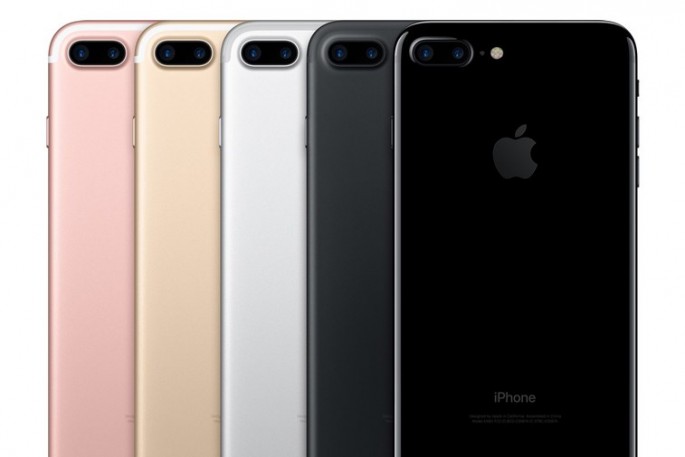Verizon, AT&T, T-Mobile, and Sprint are all offering iPhone 7 deals that seem to include "free" Apple devices. All of the iPhone 7 deals from the wireless carriers require people to trade in almost-new handsets including iPhone 6 or 6s, and in some cases Galaxy S7. These are basically bringing back two-year contracts except customers are trading in a slightly used phone instead of paying $200 for a new iPhone.
The iPhones traded in must be in good condition. In addition, if people want iPhones with over 32GB of storage space in most cases they will have to pay cash.
After people agree to trade in an almost new handset for a new iPhone 7 they must stay with the carrier for two full years. Cancelling service before the end of the contract requires customers to turn in their smartphone, or pay full price minus the amount credited on wireless bills.
AT&T and Verizon only offer the option to pay the regular price. T-Mobile and Sprint also have the option to return the new device, according to The Verge.
One limit of the deals is that none of the major wireless carriers will return customers' used iOS or Android handsets. So there is no way to get an old phone back.
There are a few other issues related to the iPhone deals. Taxes and maybe some fees will be charged for the new iPhone 7, and it could take a few months to start getting credits on monthly bills.
The new iPhone deals can be good ones. Meanwhile, customers who pull out of the agreement before the two years are up will lose their old phone and could pay full price for the iPhone 7.
There is also the issue of being stuck with the same carrier for two years. Paradoxically all major wireless carriers in the United States have ended two-year service contracts after AT&T and Sprint announced earlier this year they would drop them.
In related news, some people in the tech world guessed the iPhone 7 would have a USB-C port instead of Lightning. Its in-house connector makes more money through licensing and gives it more control over Apple devices, according to CNET.
However, there are a few reasons why the company might still switch to USB-C for future iPhones. Its MacBook already uses the port, it is a big upgrade from Micro-USB, and it reduces the bird's nest of cables and number of adapters needed.
Here's an iPhone 7 review:



























